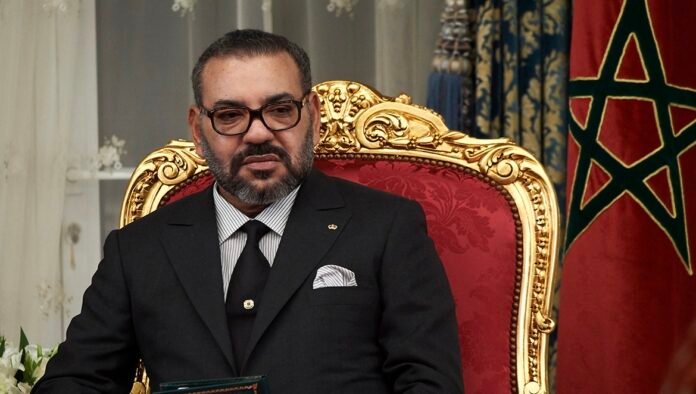Amid the ongoing protests in Morocco — driven largely by Gen Z’s frustration over corruption, inequality, and government inaction — calls have intensified for the dismissal of the current administration. Many citizens believe the government has failed to fulfill its promises of social and economic reform, leading to widespread demonstrations across the country.
However, as public pressure mounts, some commentators — including journalists, social media influencers, and even certain academics — have argued that King Mohammed VI no longer possesses the constitutional authority to dismiss the government under the 2011 Constitution.
This claim, however, is both misleading and inaccurate. A careful reading of Morocco’s 2011 Constitution makes it clear that the monarch remains the country’s ultimate arbiter and retains the power to dissolve or dismiss the government when necessary.
While the 2011 constitutional reforms expanded the role of elected institutions and strengthened the position of the prime minister (officially known as the Head of Government), they did not strip the King of his key prerogatives. The King continues to serve as the “supreme representative of the nation” and the “guarantor of the state’s continuity,” with constitutional powers that include appointing and dismissing ministers, presiding over the Council of Ministers, and ensuring the smooth functioning of government institutions.
Therefore, despite the misinformation circulating in some quarters, the constitutional framework adopted in 2011 preserves the monarch’s right to intervene — including through the dismissal of a government — in times of national crisis or governance failure.
In short, Morocco’s current Constitution maintains a balance between democratic governance and monarchical authority, reaffirming King Mohammed VI’s role as the nation’s supreme arbiter and protector of constitutional order.
Source:Africa Publicity








